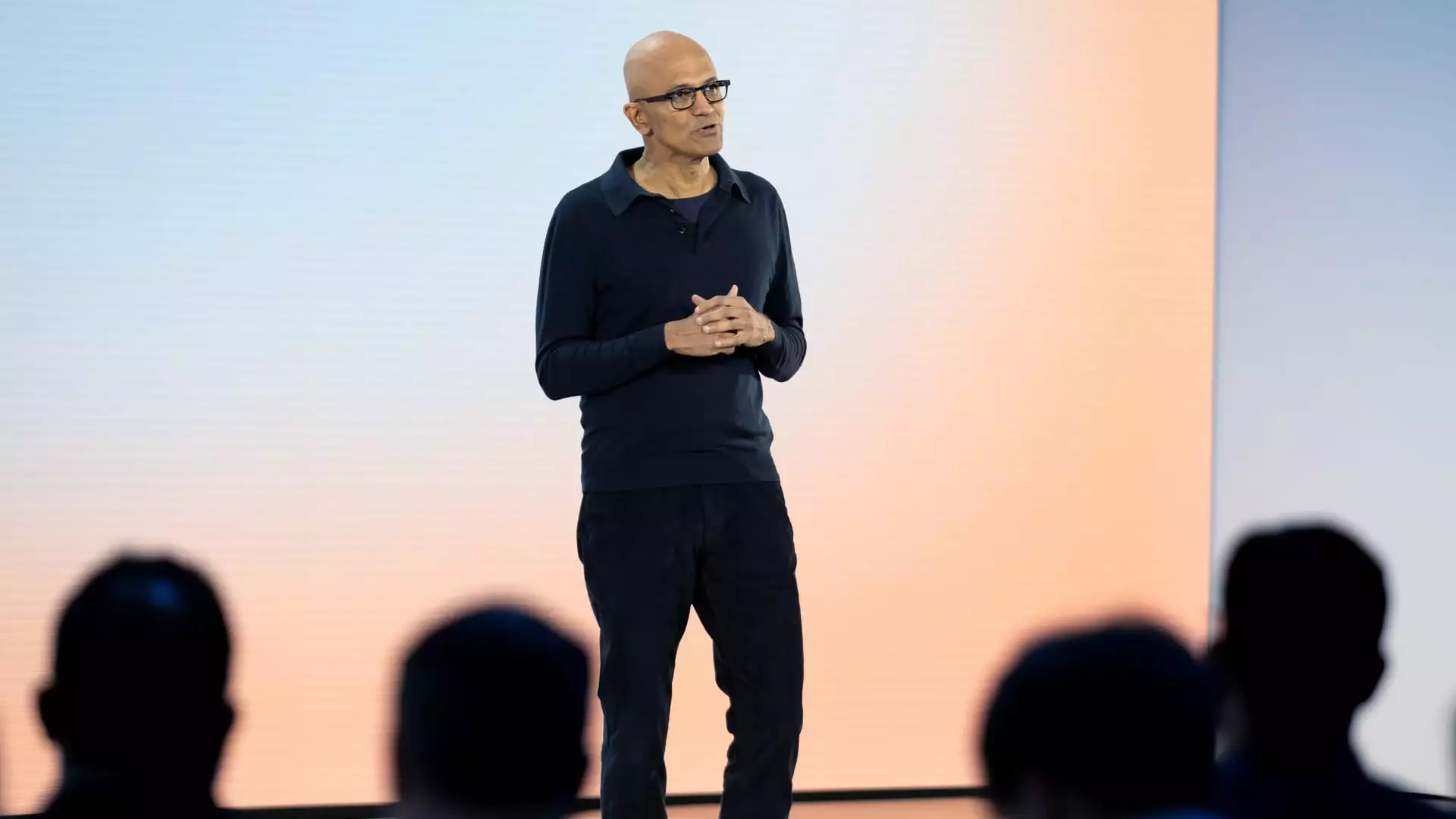Recently, Microsoft CEO Satya Nadella received a significant pay raise, with his compensation for the fiscal year 2024 soaring to $79.1 million, a notable increase from the prior year’s $48.5 million. However, this ballooning figure is accompanied by a cloud of accountability, particularly as his total package would have reached $84.6 million absent the ramifications of various cybersecurity breaches. This juxtaposition reflects the increasing recognition of corporate leaders’ responsibilities, especially in the face of rising cyber threats.
Response to Cybersecurity Threats
Nadella’s decision to voluntarily reduce his cash incentive by $5.2 million illustrates an awareness of the ongoing security issues that have beset Microsoft. Following the release of a U.S. Department of Homeland Security report, which detailed an independent evaluation of cyber breaches targeting U.S. government officials—a situation that directly involved Microsoft—Nadella took a proactive approach. By aligning his compensation with the company’s security performance, he not only affirmed his commitment to addressing existing vulnerabilities but also set a precedent for corporate accountability.
Board Actions and Recommendations
The oversight provided by Microsoft’s board’s compensation committee highlights the intricate relationship between corporate governance and executive compensation. They acknowledged Nadella’s significant contribution to the company’s growth while simultaneously recognizing a need to pivot towards a more security-focused culture within Microsoft. The board’s unusual decision to adjust Nadella’s cash incentives reflects a growing trend in which corporate boards are not only assessing financial performance but are also incorporating risk management factors, particularly those related to cybersecurity, into compensation packages.
Reducing the cash incentive tied to performance metrics serves a dual purpose. It holds the CEO accountable while signaling to employees and investors that the company prioritizes its cybersecurity posture. Nadella’s personal commitment to enhance Microsoft’s security measures has been a theme within his communications to employees, suggesting a culture shift emphasizing not only technological innovation but also robust security measures. His role as a leader should not only focus on revenue growth but also encompass comprehensive risk assessment and management, ensuring that Microsoft can withstand the evolving threat landscape.
As cybersecurity threats continue to escalate, setting a future standard for executive compensation through performance measures related to security will be essential. The fact that Microsoft’s security branch generated over $20 billion in revenue in 2022 underscores the necessity for a stronger focus on cybersecurity, both for company operations and executive rewards. By embedding security performance metrics into compensation structures, corporations can motivate leaders to prioritize cybersecurity, ultimately benefiting all stakeholders.
Satya Nadella’s adjusted compensation package reflects a pivotal shift in executive accountability—merging financial success with responsibility for cybersecurity. As technology and security landscapes continue to evolve, it will become increasingly vital for leaders to not only drive operational results but also safeguard the integrity of their organizations. This newfound balance in executive compensation could very well shape corporate governance standards for years to come.


Leave a Reply
You must be logged in to post a comment.